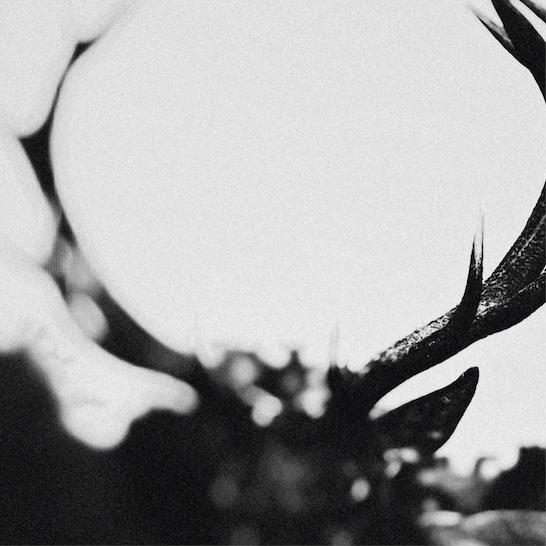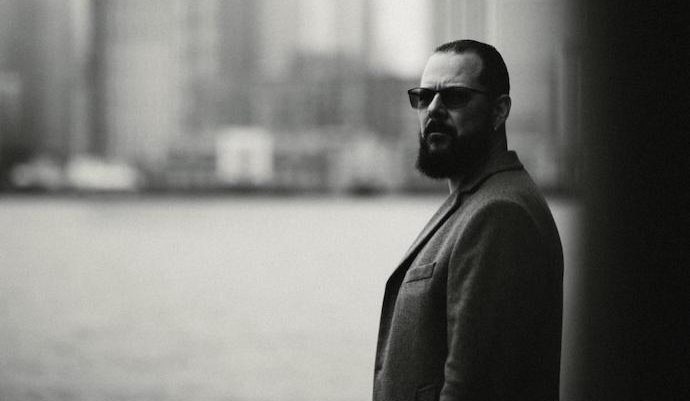
(Ihsahn‘s self-titled album was released last week, and Andy Synn has a few thoughts about it)
Vegard Sverre Tveitan, better known as Ihsahn, is undeniably one of the most recognisable names/faces/voices in our little, parallel Metal universe.
And while he initially earned his infamy as part of a little band called Emperor (maybe you’ve heard of them?) he has now spent almost twenty years pursuing a solo career under the Ihsahn moniker, meaning that there’s a good chance that at least some of his fanbase probably knows him more for that than for his seminal role in the early days of Black Metal.
As a vehicle for his proggier predilections, his collective catalogue under the Ihsahn banner has run the gamut from modern classics to experimental oddities, and everything in between, but there’s certainly an argument to be made that – as a self-titled summation of his career so far – on his eighth album, the eponymous Ihsahn, we’re truly seeing Ihsahn being the most Ihsahn he can be.
Which leaves just two question which need answering – what exactly is it about Ihsahn which makes the album so special, and how many more times am I going to write the word “Ihsahn” over the course of this review?

Well, to begin to answer the first question, the unique hook this time around – as opposed to After‘s sublime saxophone, Das Seelenbrechen‘s spontaneous songwriting, or Amr‘s pulsing synths – is that this is the first Ihsahn album to feature a full orchestra, whose eloquently integrated presence on every track serves both to give the music a new dynamic and direction while also connecting it to his early Black Metal years (even as the album as a whole moves even further away from them).
“The Promethean Spark”, the album’s hook-heavy first track (not counting the somewhat disposable intro of “Cervus Venator”) immediately showcases how seamlessly and intimately interwoven the orchestral elements are into Ihsahn‘s signature sound, effortlessly enhancing the song’s electrifying Prog-Metal riffage and vivacious back-and-forth vocal interplay with an aura of gleaming grandeur that successfully elevates the track to a whole new level without overwhelming it.
The same is just as true – if not even more so – of the frantic, bombastic “Pilgrimage to Oblivion”, whose even more intense, and even more overtly “blackened”, delivery really highlights just how effective the album’s carefully crafted contrast between the symphonic and metallic sides of its sound can be, balancing the record’s more cinematic and wide-screen audio ambitions with a grittier and more grounded foundation.
And while there’s a bit of a lull following this phenomenal opening pairing – though neither “Twice Born” nor “A Taste of the Ambrosia” are bad tracks by any means (I really like the way the latter track builds, as it happens, although the former’s similarity to a certain tv theme song, once heard, can’t be unheard) – once the gorgeously gloomy, nuanced noir of “Blood Trails to Love” (which recalls the very best of the After/Eremita era) begins to bleed out of the speakers it’s clear that the album has firmly found its footing once more.
At this point the rest of Ihsahn is really just a victory lap by a player absolutely at the top of his game (although the three orchestral intro/interlude/outro tracks seem somewhat superfluous to my ears), with the combination of the catchy complexity and esoteric extremity of “Hubris and Blue Devils”, the bleak, blackened proggery of “The Distance Between Us”, and the sublime slow-burn of cathartic nine-minute closer “At the Heart of All Things Broken”, demonstrating exactly why Ihsahn chose to make his eighth solo album a self-titled statement of his intent and his identity as an artist.
Now, if you’ll excuse me, I’m going to do my best not to type the word “Ihsahn” again for a while!
